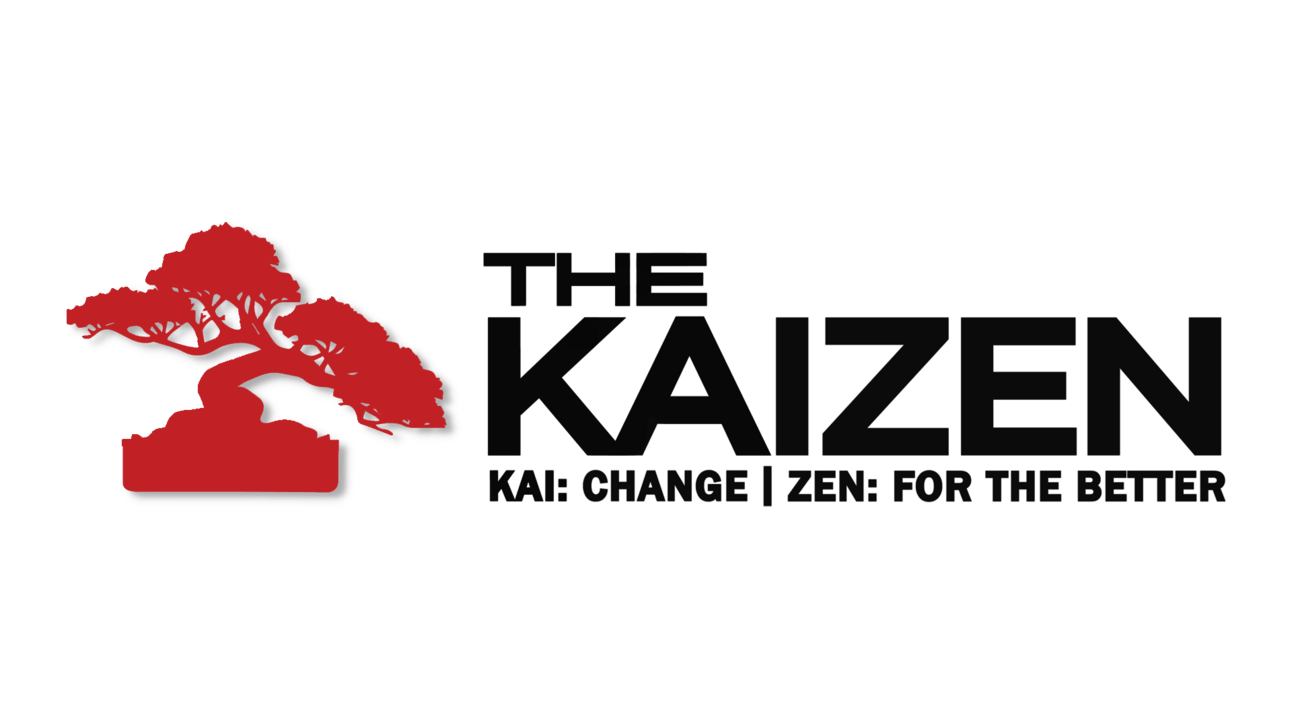- The Kaizen
- Posts
- 7 Habits Of Highly Effective People
7 Habits Of Highly Effective People
The book ‘The 7 Habits of Highly Effective People’ by Stephen Covey is surprisingly insightful and unique, despite the mundane title. It’s a book that dives into the world's most successful people and breaks apart their habits to see what makes them who they are.


QUOTE OF THE DAY
“Most people do not listen with the intent to understand; they listen with the intent to reply.”

7 HABITS OF HIGHLY EFFECTIVE PEOPLE
396 Words | 1 Min 26 Sec Read

The book ‘The 7 Habits of Highly Effective People’ by Stephen Covey is surprisingly insightful and unique, despite the mundane title. It’s a book that dives into the world's most successful people and breaks apart their habits to see what makes them who they are.
Stephen then narrows down these habits into seven highly effective ones, and we are going to cover a few of them in today’s issue. Buckle in!
Proactive vs. reactive.
In life, you are one of two things: you’re either a proactive person or a reactive person. A reactive person is the kind of person who will wait for events to happen before deciding if they should change their approach or not. Picture a book store owner who knows everything is going online yet waits until no one comes to their store before they decide they should do something about it, typically in a negative light.
The reactive person, however, is the book store owner who knows hand-held books are going out of fashion and does something about it before it's too late to make sure that they are one step ahead of the curve. The proactive person always prevails.
Begin with the end in mind.
Are you doing the things in your life that you want to be remembered for at your funeral? This is a good question to ask yourself because it makes you think about what you’re doing day-to-day to make sure that it aligns with your end goal. Do you want to be known as a risk-taker? If so, why are you never taking any risks? That's the idea.
Put first things first.
What are the most important things to you? Is it having a healthy and loving family, or is it watching TV? If it's the family, then why do you spend the majority of your time watching TV? There is a horrible disconnect between what we say we want and what we actually want; make sure it's aligned.
Seek first to understand, then seek to be understood.
Always put value first in everything that you do. Don’t make a business to make money, but make a business to help people, and then money will come your way. The same goes with everything else in life.

ACTIONABLE NEXT STEPS:
Read the book yourself! You can buy a paper copy here or read a free pdf version here.

LESSON OF THE DAY ⤵️



“I work full time and keep trying to do project Kaizen but keep struggling to fit it all in everyday it feels like there isn't enough hours in the day. When I keep missing stuff I feel like I have to start again. Any advice?”
Remember that it’s not about giving it 100% 100% of the time, because if all you have left in the tank is 40% for the day and you gave it 40%, you actually gave it 100%.
Firstly, understand that as long as you’re better than you were yesterday, then you’re doing what needs to be done, and secondly, look into how you can manage your time better because you’ll be surprised at how many hours you’re leaving to waste!
Want to ask The Kaizen something? Click this link, ask your question, and every day we pick one out to answer in the next day's newsletter.

ARE YOU SICK AND TIRED OF US?
We get it; for some, the daily emails can be a lot, but the last thing we want is to lose you as a subscriber because of that.
So we came up with an alternative: The Kaizen Weekly.
One hard-hitting edition a week, every Friday.
We both know you need The Kaizen in your life, and whether thats once a week or once a day, thats up to you.
If you want to change your preferences, check out this link:
Was this forwarded to you? Sign up here
Got any questions or thoughts about this edition? If so, send us an email to [email protected]
